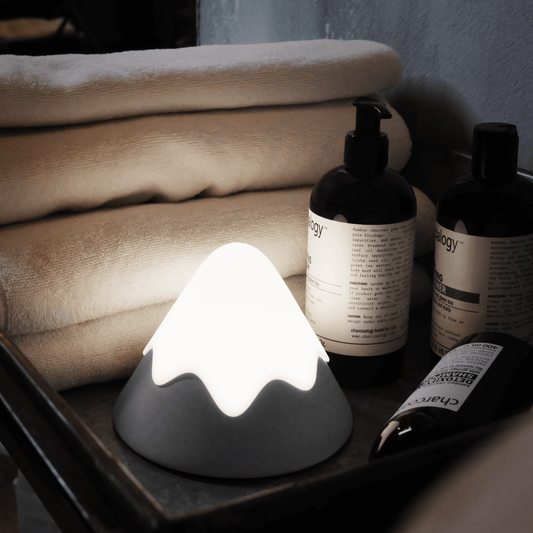It is an inability to fall asleep or stay asleep during the night. This is unfortunately the time when your body should be resting for the next day. Therefore, not getting enough sleep can leave you feeling unenergised, negatively affecting your mood and ability to function during the daytime.
It can be difficult for some people to fall asleep no matter how tired they are. Others wake up in the middle of the night and lie awake for hours, anxiously monitoring the time. If you feel drowsy and fatigued during the day, you may be experiencing insomnia, no matter how much sleep you get at night.
Common signs of insomnia include:
- Multiple wake-ups during the night
- After waking up, it is difficult to fall back to sleep
- Having trouble falling asleep despite feeling tired
- Waking up and not feeling refreshed
- Needing sleep aids or alcohol to fall asleep
- Feeling drowsy, fatigued, or irritable during the day
- Inability to concentrate during the day
It is interesting to know that insomnia is not one sleep disorder, despite it being the most common sleep complaint. According to Healthline about a third of all adults report some insomnia symptoms. In reality, it's a sign of another issue, whether it's as simple as drinking too much caffeine during the day or as complex as feeling overburdened with stress.
Your diet, your drinking habits, and your environment can all affect your sleep. Let's educate ourselves about what changes we can make. In most cases of insomnia, you can cure it on your own—without taking prescription or over-the-counter sleeping pills or consulting sleep specialists.
Make a record of your sleep patterns and quality and keep a
sleep diary. Then, try out new things and see how they affect your sleep quality. It may take a few weeks before you notice the benefits of a change, but if you stick with it, you will eventually find the right formula.
Most importantly ensure you are creating the right environment to induce sleep. A place you can really relax that's the right temperature and is not humid.





















